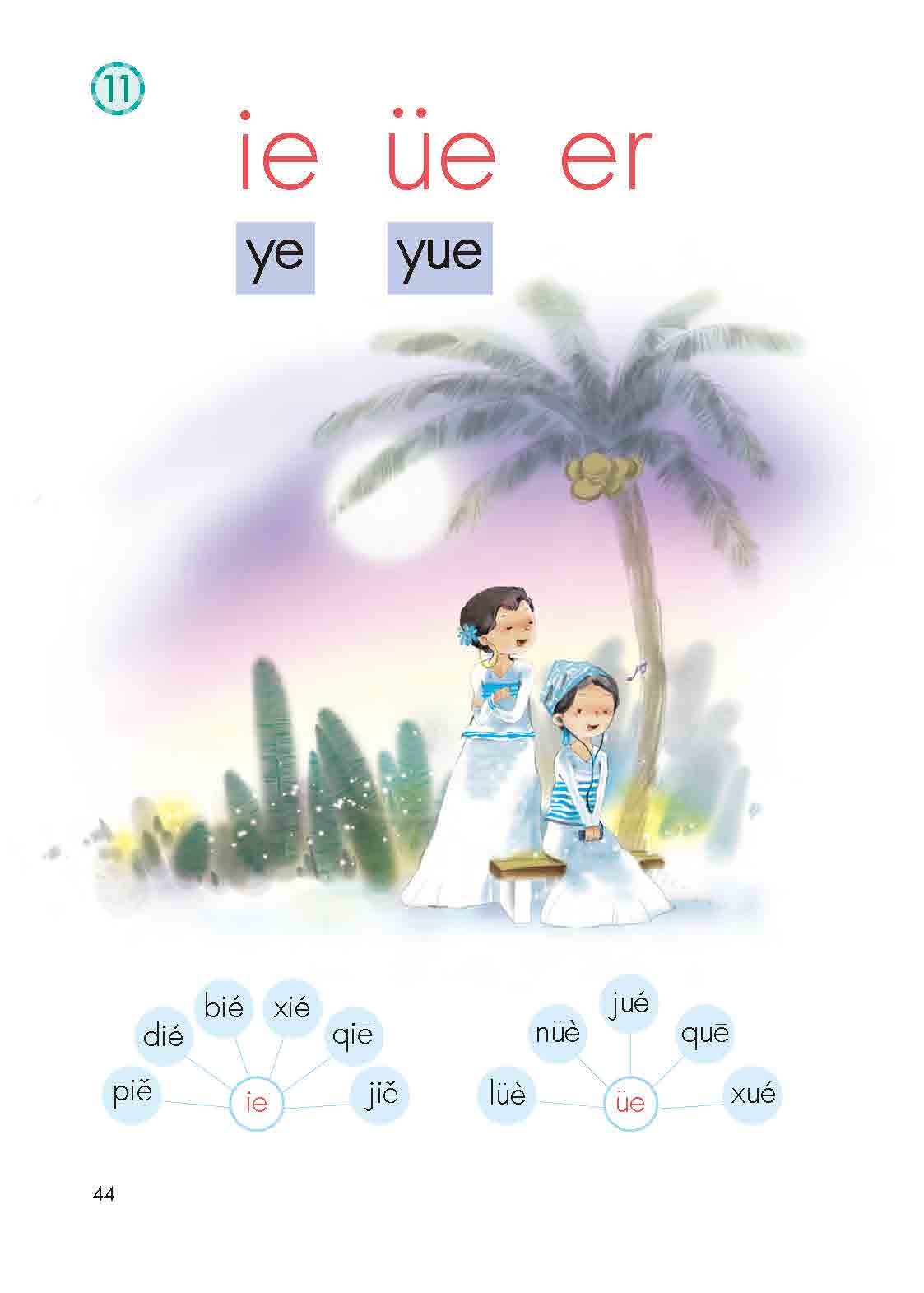Summary Of ” Learn Mandarin with Wang Yibo’s “Everything is Lovely 万物可爱”
Today, I have something truly special for you. We’re going to learn Mandarin through the beautiful lyrics of Wang Yibo’s “万物可爱 Everything is Lovely”.
We’ll start by listening and breaking down the lyrics line by line.
Then we’ll delve into the overall message of the song.
Finally, we’ll practice pronouncing the lyrics, so you can confidently sing along to “万物可爱 Everything is Lovely”!
王一博 Wáng Yībó:万物可爱 wàn wù kě ài Everything is Lovely
Section 1:
Wǒ de shǒu xíguàn mō mō wǒ de tóu
我的手 习惯摸摸我的头
My hand is used to touching my head,
Jiù dǎkāi jìyì de héliú
就打开 记忆的河流
and then opening the river of memories.
Chítáng biān zǒng yǒu jǐ gè hǎo péngyou
池塘边 总有几个好朋友
By the pond, there are always a few good friends.
Tīng chánmíng kàn yúzhōu
听蝉鸣 看渔舟
Listening to the cicadas chirping, watching the fishing boats.
Note:
These first few lines evoke a sense of nostalgia as Wang Yibo recalls serene moments that he has shared with good friends.
Section 2:
Rén hé rén rúhé qūbié jǐ líng hòu
人和人 如何区别几零后
How do people differentiate between different generations?
Shì niányòu huòshì hěn chéngshóu
是年幼 或是很成熟
Whether they are young or mature.
Note: 成熟 could also be pronounced as “chéng shú”
Yūní xià zhōngyú zhǎng chūle lián’ǒu
淤泥下 终于长出了莲藕
Under the silt, lotus roots finally grow.
The metaphor of lotus roots growing under the silt symbolizes the potential for growth in challenging circumstances.
Qǐng liánhuā mò huíshǒu
请莲花 莫回首
Lotus flower, please don’t look back.
This could be interpreted as encouragement for the younger generation (represented by the lotus flower) to move forward without dwelling on the past.
Section 3:
Wǒ ài chūchūn yě huì ài shēnqiū
我爱初春也会爱深秋
I love early spring and I will also love deep autumn.
Wǒ ài qīngsī yě huì ài báitóu
我爱青丝也会爱白头
I love youthful hair and I will also love white hair.
Wǒ ài piāobó de rén huí dào jiā ménkǒu
我爱漂泊的人回到家门口
I love people who wander, returning to the doorstep of home.
Rénshēng jiǎndān jiù zúgòu
人生简单就足够
Life is simple and that’s enough.
Note:
This section is about embracing the different stages and cycles of life. It reminds us that the familiarity of home can be as fulfilling as exploring the world outside.
Section 4:
Wǒ ài xīnxiān yě huì ài chénjiù
我爱新鲜也会爱陈旧
I love what’s fresh, and I will also love what’s old.
Wǒ ài mèngxǐng yě huì ài mèngyóu
我爱梦醒也会爱梦游
I love waking up from the dream, and I will also love sleepwalking.
Wǒ ài chóngféng de rén jǐn jǐn bù sāshǒu
我爱重逢的人紧紧不撒手
I love holding the person I reunite with tightly, not letting go
Wǒ ài tánhuā yīxiàn de suǒyǒu
我爱昙花一现的所有
I love all the fleeting moments.
Note:
He accepts life’s circumstances as they are and wants to mindfully savor every moment. He also has a sense of gratitude for things that are no longer present.
Section 5:
Rén hé rén rúhé qūbié jǐ líng hòu
人和人 如何区别几零后
How do people distinguish between different generations?
Shì nián yòu huò shì hěn chéngshóu
是年幼 或是很成熟
Whether they are young or mature.
Yūní xià zhōngyú zhǎng chūle lián’ǒu
淤泥下 终于长出了莲藕
Under the mud, lotus roots finally grow.
Qǐng liánhuā mò huíshǒu
请莲花 莫回首
Lotus flower, please don’t look back.
Section 6:
Wǒ ài chūchūn yě huì ài shēnqiū
我爱初春也会爱深秋
I love early spring and I will love deep autumn.
Wǒ ài qīngsī yě huì ài báitóu
我爱青丝也会爱白头
I love black hair and I will love white hair.
Wǒ ài piāobó de rén huí dào jiā ménkǒu
我爱漂泊的人回到家门口
I love the wanderers returning to their doorstep.
Rénshēng jiǎndān jiù zúgòu
人生简单就足够
Life is simple and that’s enough.
Section 7:
Wǒ ài xīnxiān yě huì ài chénjiù
我爱新鲜也会爱陈旧
I love what’s fresh, and I will also love what’s old.
Wǒ ài mèngxǐng yě huì ài mèngyóu
我爱梦醒也会爱梦游
I love waking up from dreams and I will love daydreaming.
Wǒ ài chóngféng de rén jǐn jǐn bù sāshǒu
我爱重逢的人紧紧不撒手
I love holding the person I reunite with tightly, not letting go
Wǒ ài céngjīng shīqù de suǒyǒu
我爱曾经失去的所有
I love all everything I have lost.
Wǒ ài céngjīng shīqù de suǒyǒu
我爱曾经失去的所有
I love everything I have lost.
Overall, this song carries a positive and uplifting message, emphasizing the beauty that is present in the world. Wang Yibo is expressing a sense of appreciation for life and reminds us to find joy in the simplest things.
Alright, now that you’re familiar with the lyrics, try to sing along with Wang Yibo.
And that’s it for today’s deep dive into Wang Yibo’s “万物可爱 Everything is Lovely”. I hope you’ve learned some new Mandarin phrases and gained a deeper appreciation for the song. And remember, everything is lovely when you’re learning Mandarin with me!





暂无评论,你要说点什么吗?